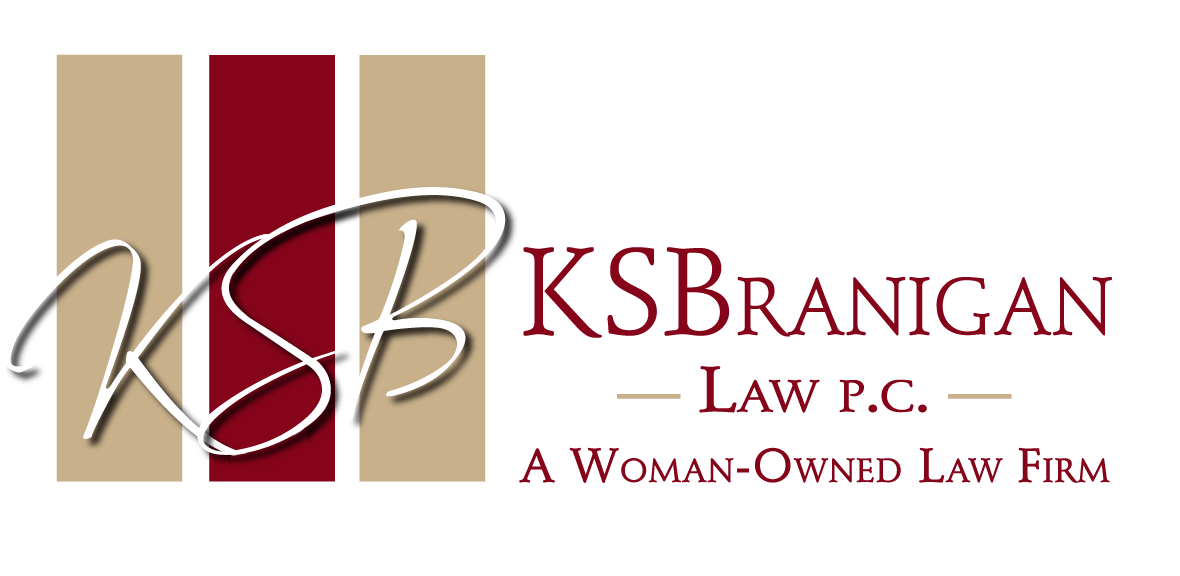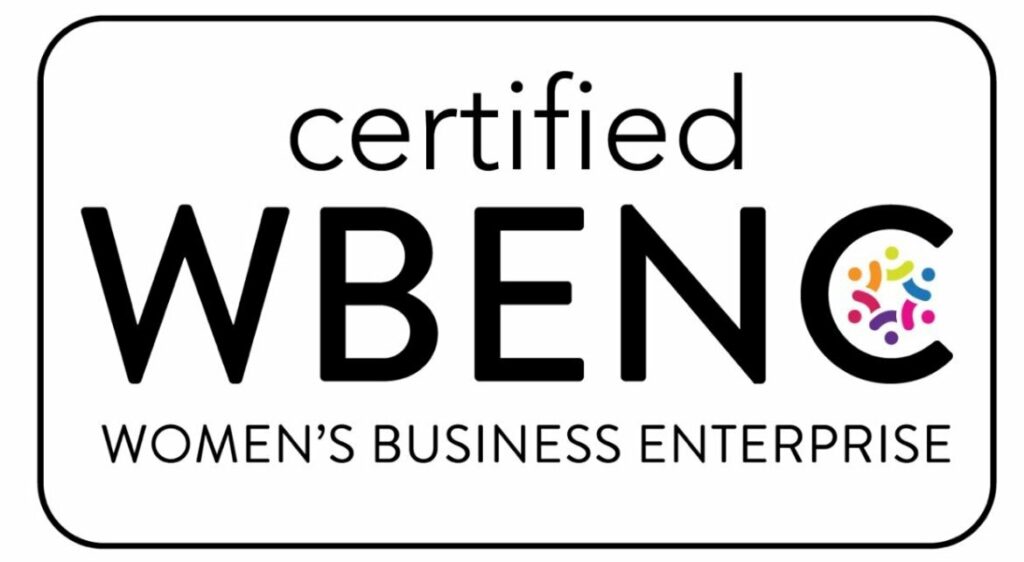In light of rising COVID-19 infection rates in New Jersey and given the return to the workforce of many employees, on October 28, 2020, Governor Phil Murphy issued Executive Order 192, establishing mandatory health and safety protocols for all industries to protect employees, customers, and visitors in all public and private workplaces. The Executive Order applies to all businesses, non-profits, and governmental and educational entities.
Effective Thursday, November 5, 2020, employers, with a workforce that is required or permitted to be physically present (in whole or in part) at a worksite, are required to comply with the following:
• Require individuals at a worksite to maintain at least six feet of distance from each other to the maximum extent possible, including, but not limited to, during worksite meetings, orientations and similar activities that would likely require individuals to be present in a single room or space in close proximity (e.g., also restrooms and breakrooms). If this is not an option, employers must ensure that employees wear masks and install physical barriers between workstations where possible.
• Require employees, customers, visitors, and other individuals entering the worksite to wear masks, except where: (1) the individual is under age two; (2) it is impracticable (i.e., the individual is eating or drinking); or (3) the service the employer is providing cannot be performed on an individual wearing a mask.
• Permit employees to remove their face mask when at their workstations and more than six feet from other individuals or while alone in a walled office.
• Make face masks available to their employees (at the employer’s expense).
• Provide hand sanitizer/sanitizing wipes to employees, customers, and visitors at no cost.
• Ensure that employees practice regular hand hygiene and provide handwashing breaks throughout the workday and access to adequate hand washing facilities. Employers also may require employees to wear gloves if the employer provides them.
• Routinely clean and disinfect all high-touch areas (for example, restrooms, handrails, doorknobs, other common surfaces, safety equipment, and other frequently touched surfaces and equipment) in accordance with Department of Health (DOH) and Centers for Disease Control (CDC) guidelines.
• Prior to each shift, conduct daily health checks of employees, including, temperature screenings, visual symptom checking, self-assessment checklists, and/or health questionnaires, consistent with CDC guidance. In doing so, employers are reminded to comply with the confidentiality requirements of the Americans with Disabilities Act (ADA), the New Jersey Law Against Discrimination (NJLAD), and any other applicable laws, as well as Equal Employment Opportunity Commission (EEOC) and New Jersey Division on Civil Rights (DCR) guidance.
• Ensure cleaning procedures following a known or potential exposure and make sure to comply with CDC recommendations.
• Immediately separate and send home an employee that appears to show COVID-19 symptoms, as defined by the CDC. If an employee is required to leave the workplace, employers must comply with the New Jersey Earned Sick Leave Law, the New Jersey Family Leave Act, and/or federal leave laws, as applicable, and allow such individuals to use accrued leave in the manner permitted by law and pursuant to employer policy.
With regard to the requirements regarding masks, employers may exclude from the workplace employees, customers, and visitors who refuse to wear a mask. In such situations, however, employers will need to consider whether reasonable accommodation concerns may be present. It may be that an employer is required to provide a reasonable accommodation to certain employees, customers, or visitors who cannot wear a mask because of a disability. An employer may require employees to produce medical documentation when requesting an accommodation, but neither an employer nor its employees may require a customer or a visitor to produce medical documentation. Also, an employee may wear a more protective mask in the workplace than required by the CDC.
If an employer sends an employee home who has COVID-19, the employer must (1) promptly notify all employees of any known exposure to COVID-19 at the worksite, consistent with ADA confidentiality requirements as well as EEOC guidance; (2) clean and disinfect the worksite in accordance with CDC guidelines; and (3) continue to follow guidelines and directives issued by the DOH, the CDC and the Occupational Safety and Health Administration (OSHA) for maintaining a clean, safe, and healthy work environment.
The requirements contained in the Executive Order do not apply to the extent they would interfere with the discharge of the operational duties of first responders, emergency management personnel, emergency dispatchers, health care personnel, public health personnel, court personnel, law enforcement and corrections personnel, hazardous materials responders, transit workers, child protection and child welfare personnel, housing and shelter personnel, military employees, and governmental employees engaged in emergency response activities. The restrictions also do not apply to the U.S. government or to religious institutions if the protocols interfere with the free exercise of religion.
The Executive Order also establishes enforcement procedures. It authorizes the Commissioner of New Jersey’s Department of Labor and Workforce Development (DOLWD) to establish a complaint procedure for individuals to bring complaints regarding COVID-19 specific health and safety protocols. It also authorizes the DOLWD to adopt a process for considering and investigating such complaints and addressing violations. The Commissioner of the DOLWD is also directed (1) to provide compliance and safety training for employers and employees; and (2) to develop notices and informational materials to inform workers of their rights and employers of their obligations. In addition, the Executive Order permits the Commissioner of the DOH to establish a process for investigating complaints and performing workplace inspections.
Lastly, an employer who fails to comply with the Executive Order’s protocols may be subject to penalties, including closure.
Many employers are presently incorporating some or all of these measures, but employers are now required to put in place, at a minimum, the health and safety measures outlined in the Executive Order.
To review Executive Order 192 in its entirety, click here.
This summary is for informational purposes only and is not intended to constitute legal advice. This information should not be reused without permission.


